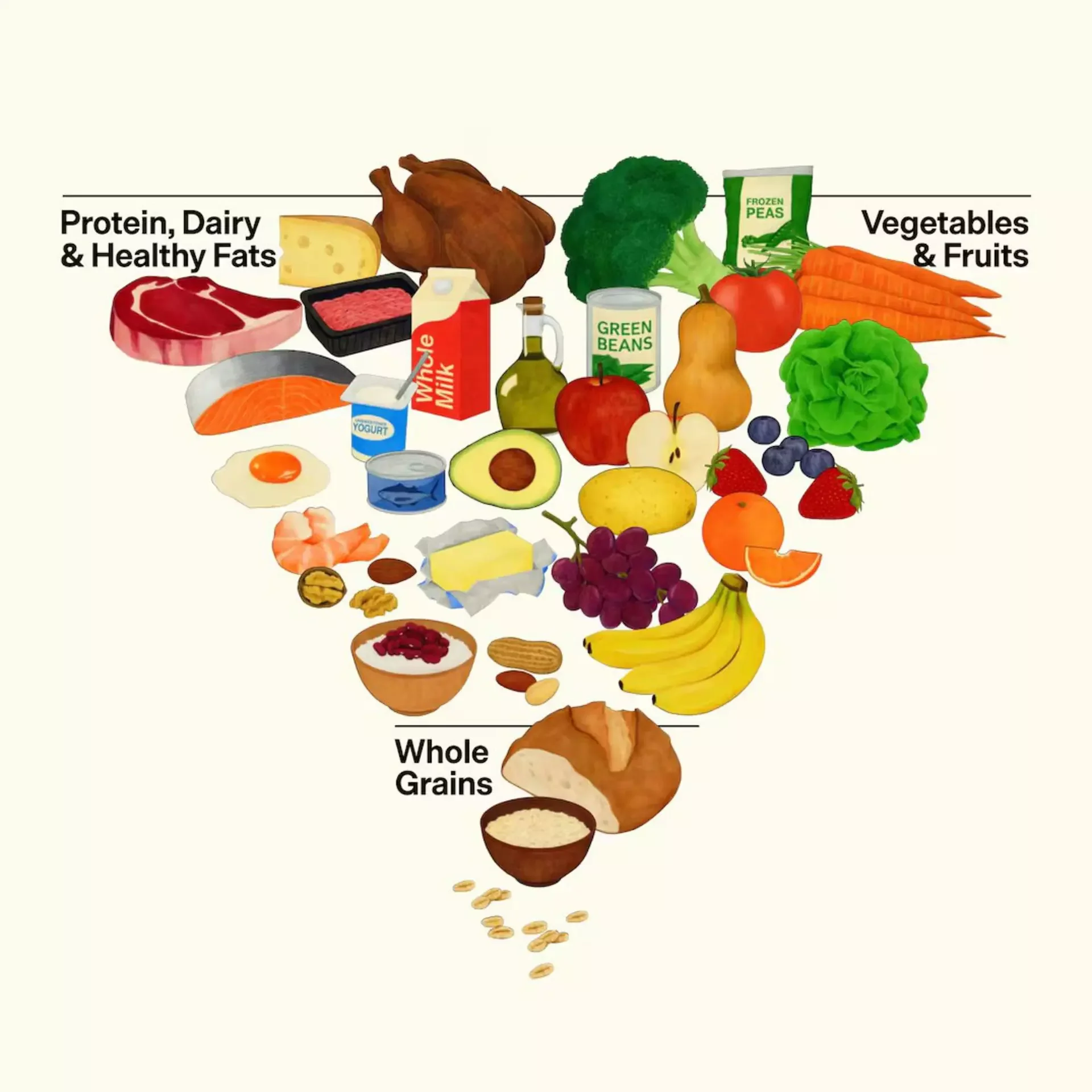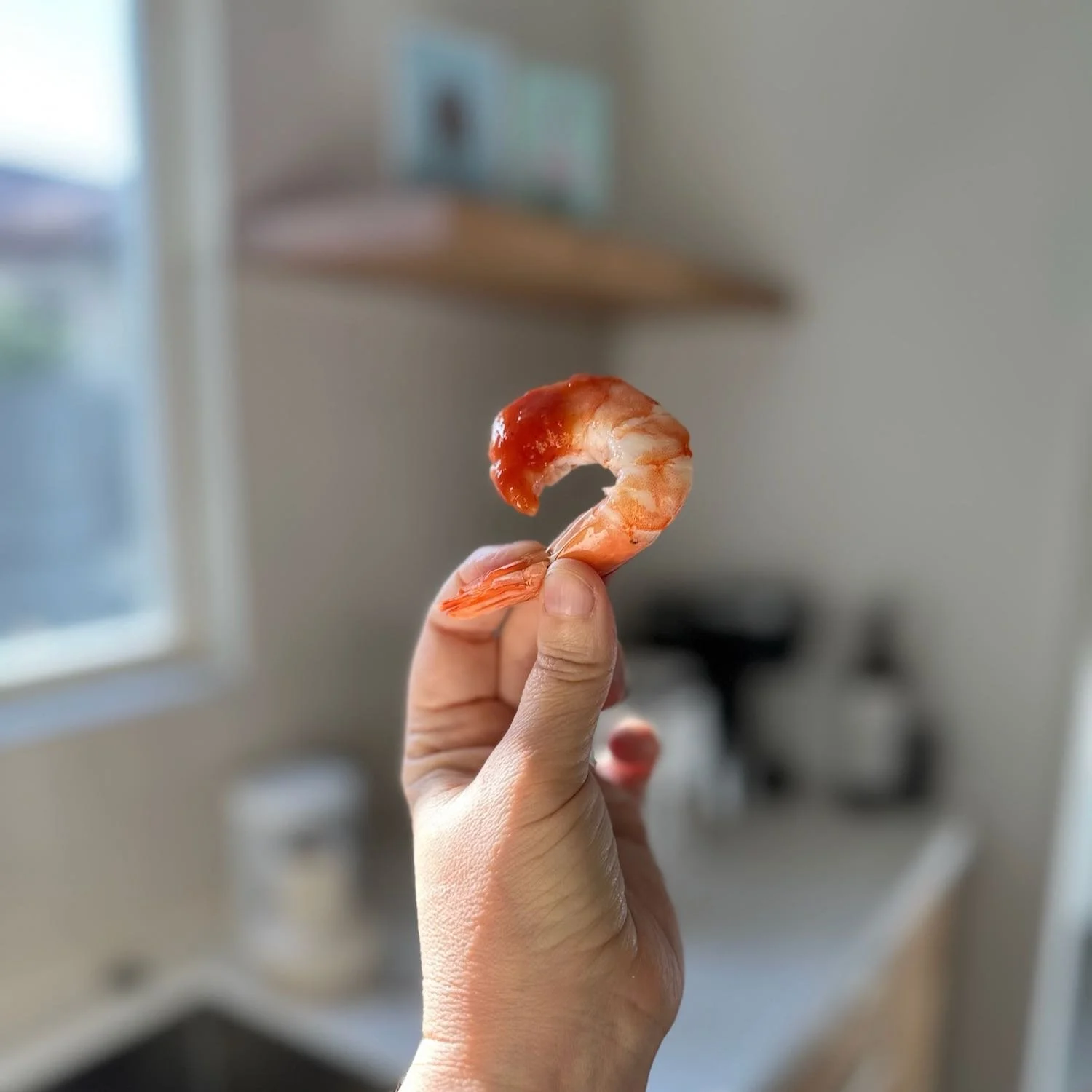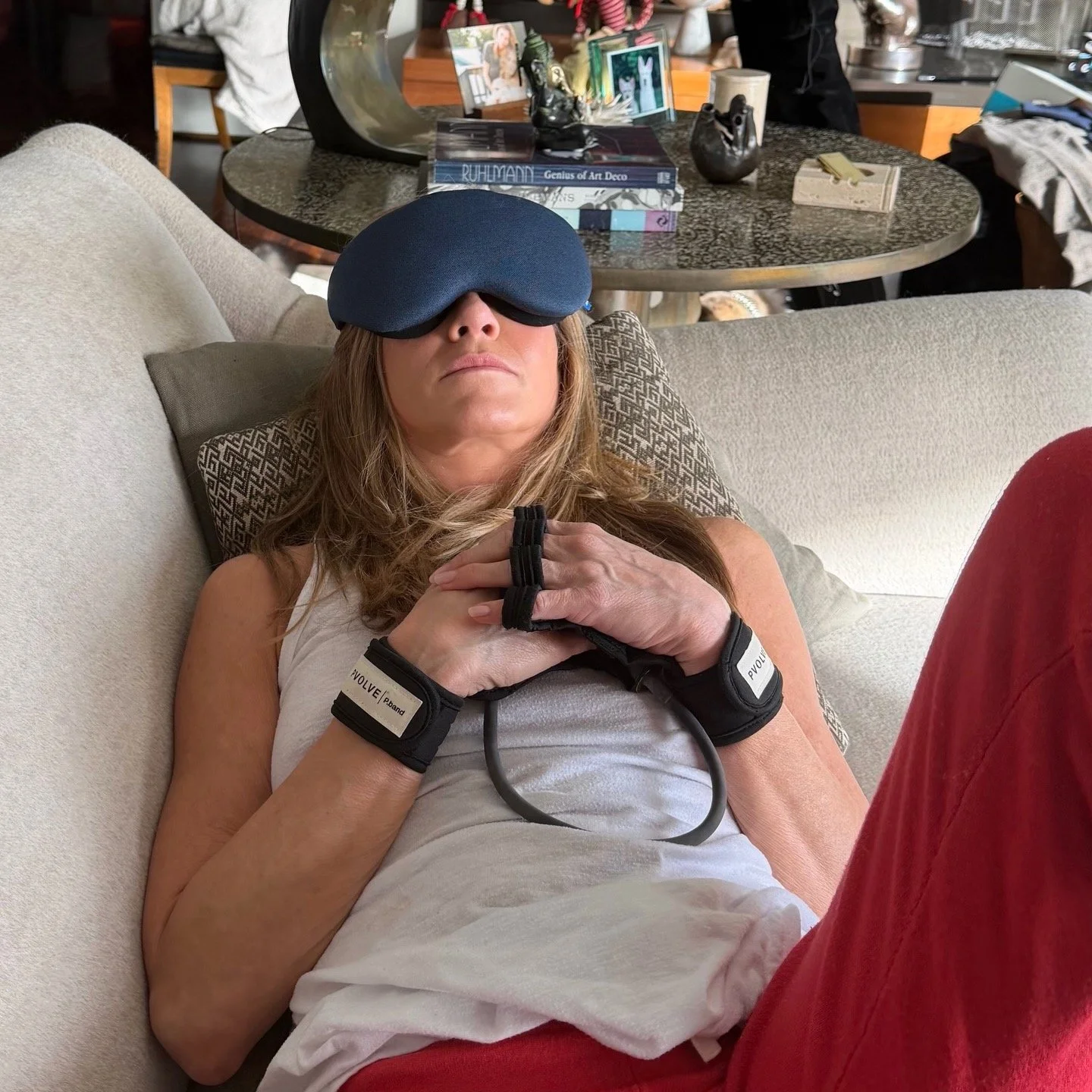These Are The 4 Most Common Couples Fights, According To A Therapist. But Only One Is A Relationship Killer.
4 problems. 1 solution.
by The Candidly Team
Who among us hasn’t leaned in a little closer when the couple at the table next to us starts to go at it? Or wondered what our dearest married friends fight about when they’re all alone?
It’s not that we wish conflict on anyone. But we are wired to be curious. And like it or not, we have a tendency to compare ourselves to others. It’s not uncommon to ask ourselves, “Is the amount my partner and I fight normal?” Or, “Does what we fight about make any sense?”
And so, we called upon therapist Aliza Shapiro, LCSW of Therapy in The City to help us air it all out in the open. She told us the top things couples fight about, but the only one we really need to change if we want to stay happy and together.
1) So we'll start with a big question. Is fighting normal? How can we tell when it’s getting to be too much or is a threat to the relationship?
Disagreeing with your partner is not only normal, it's a hallmark of a healthy relationship. Is all fighting healthy? Of course not. But healthy relationships are ones where there is not a fear of conflict occurring. There is a safety in expressing emotions even when they're difficult, knowing that even if there is a rupture, a repair will be inevitable. It's not so much about if conflict happens, it will. It's about how we move through it to get closer.
2) What are the top 3 things you see couples fight about?
The number one point of conflict that I see couples coming in with is trouble with communication: one partner usually feels smothered, and the other feels iced out.
I tell couples often that when it comes to communication, they have to consider it as though their partner is speaking a foreign language and they have to learn to listen to it (and learn it) for the very first time, if they actually want to hear what they're partner is saying.
Intimacy, children, and money are all important topics that end up being fought over, but if the couple learns to communicate, more often than not these are problems to be solved, not relationship killers.
3) Can you give examples of each type of fight so we know how these dynamics play out in a real argument?
Dr. John Gottman says that every fight can is sourced in one of "The Four Horsemen:" Criticism, Contempt, Defensiveness, and Stonewalling.
In communication breakdowns, it's the classic "I already told you that!" met with "No you didn't!" loop.
For household chores, it often looks like the passive-aggressive dish stacking until someone explodes over the messy kitchen.
And money arguments might look like judging, getting upset, and discrediting purchases our partner makes even when they feel it was something they wanted, needed, or deserved.
4) If you were to take it step by step, what are some specific techniques for a person to help resolve each of these conflicts?
For communication, using "I statements" is a really helpful way to emotionally disarm your partner while still getting your point across. "I feel unheard," rather than "You never listen to me," makes it much more likely for our partners to be receptive to our needs and asks rather than immediately putting them on the defensive.
With more practical challenges, carve out the time to sit down and discuss the system that is going to work for you both; make clear whose duty is what based on factors like schedules, strengths, and preferences.
5) What is the worst thing either person can say when fighting over one of these 3 things?
The absolute worst thing we can do in fighting is bringing in ultimatums, endings, or absolutes. When we jump to ultimatums "If you don't ... I'm going to..." extreme statements "I'm done with this relationship," all-or-nothing thinking "You always do this!" "You're never going to learn!", the conversation is completely derailed and a solution-oriented path forward in that moment is 100% gone.
6) Do you have any hacks for how to avoid a fight in the first place?
We can't avoid conflict, but we can avoid fights. A favorite tool/hack of mine is "name it to tame it." When we feel the tension rising, or we know we don't have a lot of emotional bandwidth and energy to give that day or interaction, speak it out loud directly and as much as possible, kindly. This allows our partner to gather information and understanding with where we are currently at and what might currently be at play.
Also, the power of the pause is never to be underestimated. Try leaving the scenario and telling your partner you'll be back in 30 minutes with a better brain and more regulated nervous system.
7) What is something you can do that can genuinely helps you make up in the moment?
Apologies are magic wands. Gentle touch works wonders. And validation usually is the most powerful of all. Of course, they need to be genuine, non-sarcastic or condescending. Find something on your part that you can apologize for (because there always is something), even if it's just raising your voice. Physical touch, like a hand squeeze or a hug, can also be incredibly grounding for the relationship and can instantly shift the energy (if it feels appropriate). And validating your partner in a moment when they need it most can change someone's entire feeling of distance to feeling seen and understood.
8) How can we get better at admitting our part or seeing our partner’s point of view?
A classic therapy tool that we ourselves as therapists constantly use to ensure we understand our clients: reflective listening. Practice reflective listening with your partner by simply and genuinely repeating back what you hear them saying, even if you don't agree. And remember, often you're both right, just from different angles.
This article is for informational purposes only. It is not intended to be used in place of professional advice, medical treatment, or professional care in any way. This article is not intended to be and should not be a substitute for professional care, advice or treatment. Please consult with your physician or healthcare provider before changing any health regimen. This article is not intended to diagnose, treat, or prevent disease of any kind. Read our Terms & Conditions and Privacy Policy.






